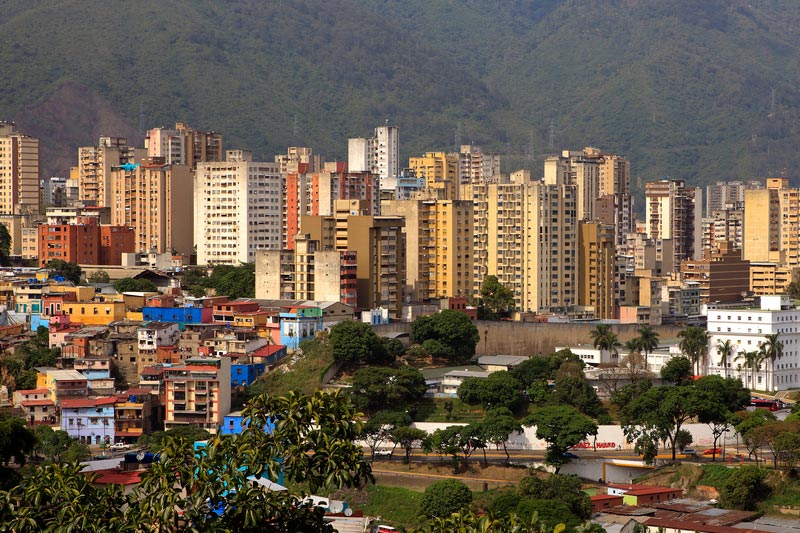(Bloomberg) -- Venezuela wrote to fellow OPEC members urging them to unite against U.S. sanctions, echoing a similar letter from Iran, according to people with knowledge of the matter.
The two countries requested that the Organization of Petroleum Exporting Countries should discuss the impact of American sanctions at its upcoming meeting on June 22, the people said. Both nations asked for support from fellow producers, invoking the terms of OPEC’s statutes.
“I kindly request solidarity and support from our fellow members,” Venezuelan Oil Minister Manuel Quevedo wrote in a copy of the letter seen by Bloomberg News. OPEC should discuss “the constraining effects of unilateral sanctions imposed by the United States of America, which represent an extraordinary aggression, financially and economically, for our national oil industry’s operations and the stability of the market.”
The Latin American oil producer is already subject to U.S. sanctions and faces the prospect of stiffer penalties after a panel enlisted by the Organization of American States last month accused President Nicolas Maduro of committing crimes against humanity.
OPEC’s No. 3 producer Iran is also subject to U.S. sanctions, including curbs on its oil trade, after President Donald Trump quit an international accord on the Islamic Republic’s nuclear program last month. The nation’s Oil Minister Bijan Namdar Zanganeh has already made a similar request to Venezuela.
OPEC and its allies will gather at a summit June 22 that’s likely to be contentious. The U.S. has quietly pressed Saudi Arabia, the group’s biggest member, and other producers to raise supply by about 1 million barrels a day, people familiar with the request said this month. Iran and Venezuela -- with little capacity to expand output -- stand to suffer from such a move.
Saudi Arabian Energy Minister Khalid al-Falih said last month that supplies will likely be increased later this year. Iran’s letter complained that some “fellow ministers” had tried to speak on behalf of the entire organization, which is required to operate by consensus.
Venezuela’s Oil Ministry didn’t immediately respond to requests for comment.
